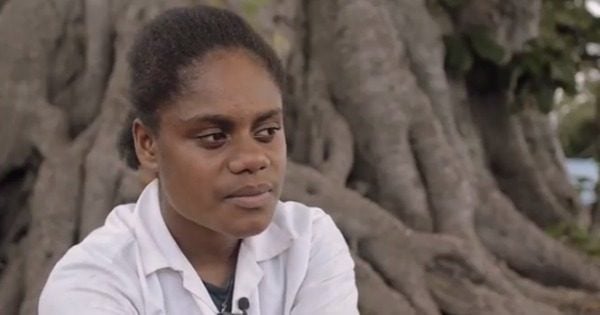Imagine missing up to a week of school every month just because you’re having your period.
Add to this the confusion of not knowing why you’re bleeding or how this is linked to your fertility. All you know is that during the time you can’t touch boys because you’re “unclean”.
This is the reality facing hundreds of girls in Vanuatu who don’t have access to sanitary pads, nor a proper understanding of what is happening to their bodies.
Girls like Melissa, who feared leakage and being humiliated when the boys in her class found out she was bleeding.
“All the men will look and talk and laugh and I’ll be afraid. So I’ll just stay at home instead.”






Top Comments
I'd love to see a day where women can celebrate their periods. What an amazing thing our bodies can do!
Good luck to them all